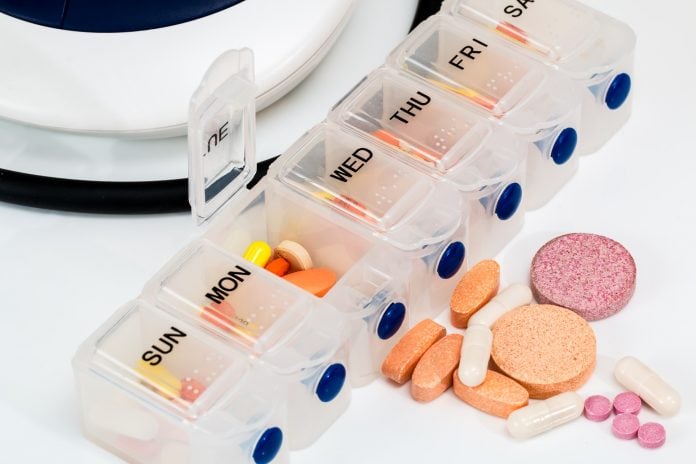The human body is a remarkable self-regulating machine. It gets what it needs from what we eat, with countless processes that occur at every moment in our body. In this grand design, vitamins are chemical compounds that are needed in small quantities to ensure normal bodily functions, and they are designated “vitamins’ because our body does not make enough of them. This is a shortfall that we have to fill through our diet. Though we rarely go hungry compared to leaner times a few decades ago, we are much more exposed to foods that may not be good for us. After all, eating a lot is not the same as eating well.
Let’s know the different types of vitamins and their functions.
- Vitamin A – Vision, skin health, bone growth & immune system
- Vitamin B – Metabolism, nerve function
- Vitamin B2 – Metabolism, vision, skin
- Vitamin B3 – Metabolism, nerve function, digestion & skin
- Vitamin C – Immune system, iron absorption, protein metabolism
- Vitamin D – Calcium absorption
- Vitamin E – Antioxidant
- Vitamin K – Blood clotting
When considering vitamin supplements
- Labels don’t always reflect the true contents. Go for trusted
brands, or products that have been certified by independent agencies to ensure you get what you paid for - Though a single pill might contain several times the vitamin content of a single fruit, the latter offers a much broader range of nutrients that we’d miss out on if we relied solely on pills.
- Too many vitamins can cause vitamin poisoning with serious effects such as nausea, diarrhea and liver malfunction. This is especially true for fat-soluble vitamins (A, D, E, and K), which are restored in our body. Vitamin overdose rarely happens if we get all our vitamins from food instead of supplements
- Vitamin D is something to watch out for, as a growing body of research suggests that adequate levels help lower the risk of heart attack, disease, and numerous cancers. Vitamin D is synthesized when our skin is exposed to sunlight.


